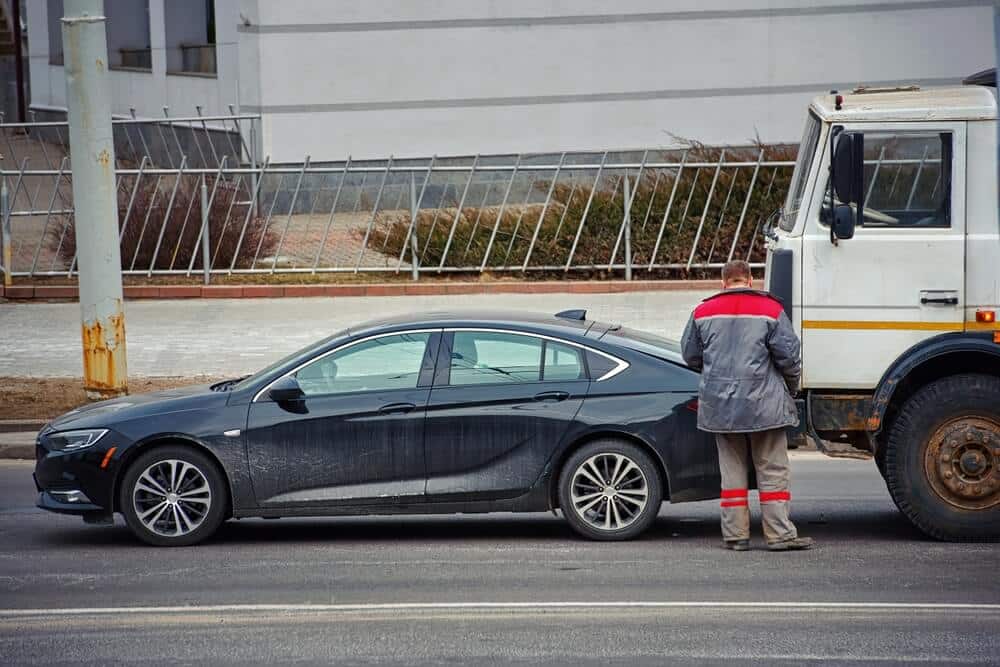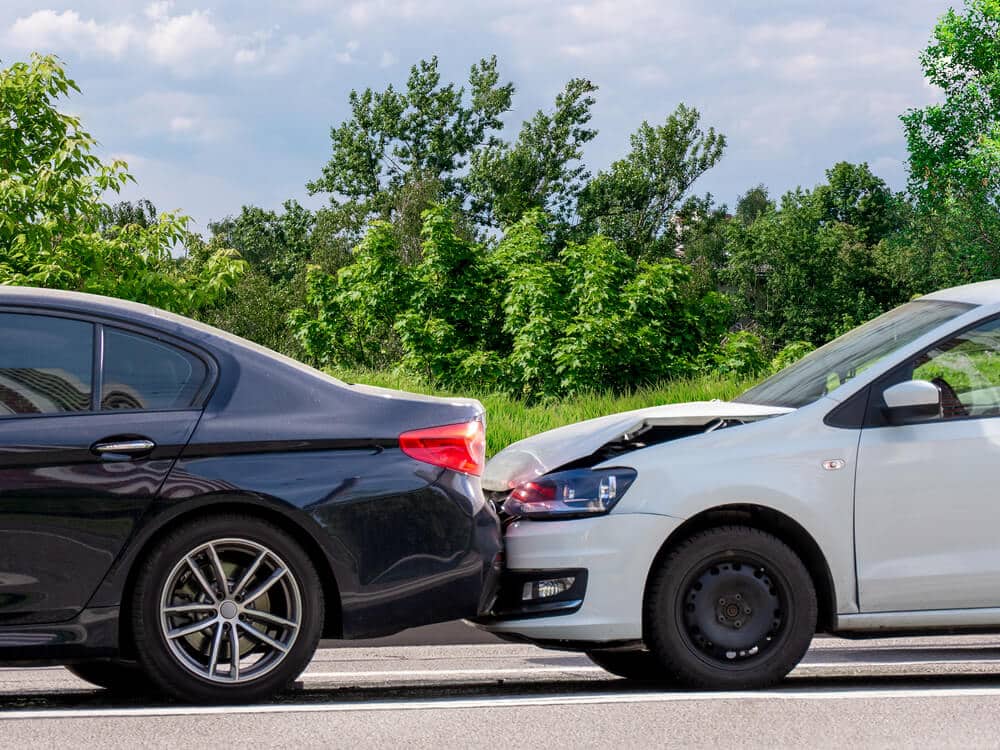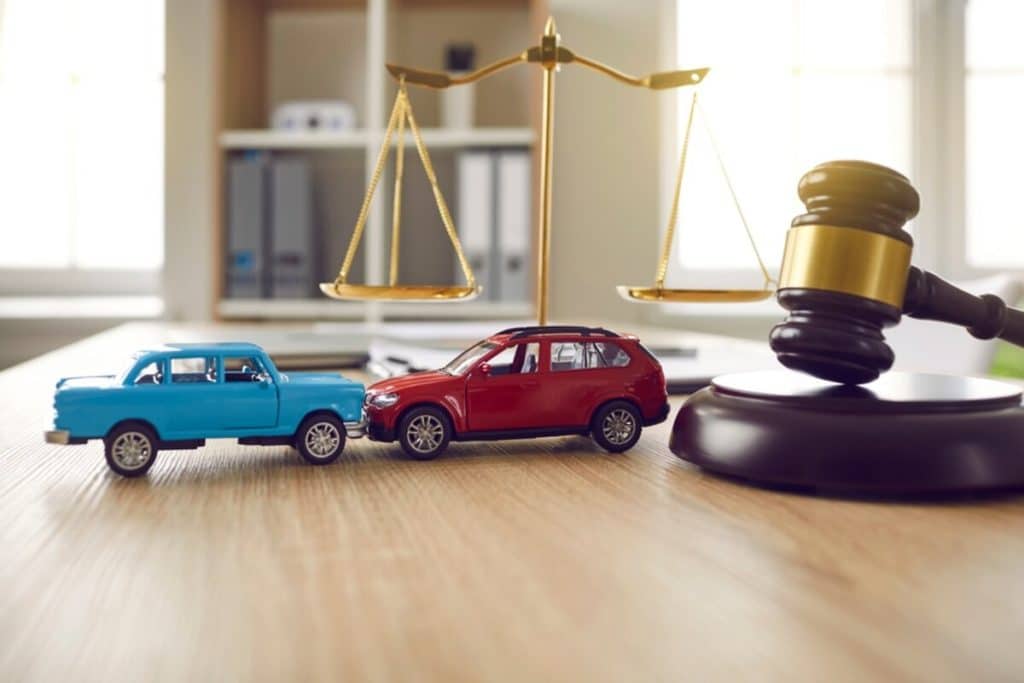Car crashes occur in different severities. However, you can still sustain a mild or serious injury. It depends on how the accident uniquely affects your body.
A fender bender in a parking lot may result in dents and scratches on your vehicle whereas your airbags may not deploy. However, the vehicle speed and impact on one another can influence an injury severity, sometimes causing unforeseen whiplash.
Especially if one of the vehicle operators was driving while intoxicated, many scenarios can contribute to the severity of an accident. They may have been swerving uncontrollably causing a side impact or rear-ended another vehicle.

Maybe the accident occurred in a small neighborhood or highway. Airbags may not deploy even if you hit a sign or a utility pole. The kinetic force that a car endures in an attempt to protect itself is greater than what humans can endure in the same event. Let’s learn why seemingly minor car crashes can result in serious injuries.
What to Do Immediately After a Car Crash
No matter how you feel after a collision, you should seek medical treatment immediately to receive an in-depth examination to check that you have not sustained any injuries. Do this for your health’s sake and to protect yourself legally after a car crash.
If you experienced any minor or major injuries from the car crash, you can be expeditiously treated and have a record of the personal injury from the auto accident. Then, you can show the courts and car insurance adjusters this evidence if settling the damages has to go through litigation.
The Types of Serious Injuries Sustained From Minor Car Collisions
Some serious injuries occur during minor car crashes. Remember that some injuries may not have immediate effects moments after the crash. Hence, do not avoid seeking medical examination after experiencing a car collision.
Traumatic Brain Injuries
A traumatic brain injury (TBI) occurs when a type of force or object comes in contact with the head. Hence, a head injury can cause headache, dizziness, concussion, slurred speech, seizures, and other symptoms. If you exhibit any TBI symptoms, the hospital will administer a neurological examination for diagnosis.
According to a 2016 to 2017 Centers for Disease Control (CDC) Surveillance Report, about 25% of car accidents resulted in hospitalization for a TBI. A mild TBI means you will need ample rest to recuperate. A more severe TBI will involve a series of medicines and surgeries for treatment.
Internal Organ Damage
Car crash impact can cause internal organ damage, such as minor injuries or bleeding to your liver, kidneys, or spleen. If you experience any pain or swelling in a certain part of your body, then this could be a sign you have an organ contusion.
Whiplash
If you are rear-ended in a car crash, you may experience whiplash, which means your body jerks forward with excessive force and is immediately pushed back. The force may inflict injury to your neck bones or tissue, sine, or any ligaments or disks that rest between the bones in your back and neck.
How to Reduce the Likelihood of an Injury or Death During a Car Crash
While not all injuries are avoidable in car crashes, you can still take some cautious measures to reduce the likelihood of death or injury while on the road. Always use seat belts, drive only when alert, and have someone transport you home, if necessary.
Have All Passengers Buckle Up
Wearing your seat belt can reduce your risk of injury or death when driving. For front passengers, the National Safety Council says that buckling up can reduce the risk by 45% and lower the likelihood of critical injury by 50%. Between 1975 and 2017, almost 375,000 lives have been saved thanks to wearing seat belts in a vehicle.
Unfortunately, the NHTSA reported that 51% of the 23,824 vehicle drivers or passengers deceased in 2020 were not wearing a seatbelt. Remember to buckle up at all times.
Drive Only When You Are Alert
Drive when you are alert enough to make objective and quick decisions in different traffic situations. If you are experiencing a lack of sleep or are under the influence of alcohol or other substances, do not drive a vehicle.
Call Someone If You Cannot Drive
If you are not alert enough to drive, call a family member or a trusted friend to get you from where you are. If no one from your circle is available to assist you, call a taxi cab, Uber, or Lyft driver. When all else fails, catch the bus to get home.
Seek Justice From an Injury Attorney for Your Car Collision

If your car accident needs court resolution, reduce the stress of representing yourself. Contact CJB Law today to connect with an experienced injury attorney to receive due justice for your car collision.

